Warning Signs of Retinal Detachment
Retinal detachment is a medical emergency that, if left untreated, can cause permanent vision loss. Like most eye conditions and diseases, knowing the early warning signs can help you seek treatment before it’s too late. Here’s what you need to know about retinal detachment.
What is Retinal Detachment?
Your retina is a thin, light-sensitive layer at the back of your eye that converts light into neural signals, which travel to your brain via the optic nerve. Retinal detachment occurs when the retina separates from the blood vessels that provide oxygen and nourishment. If left untreated, retinal detachment can lead to total and permanent vision loss.
Causes and Risk Factors of Retinal Detachment
Retinal detachment can be caused by various factors, including:
- Severe injury to the head or eye area
- Diabetes
- Sickle cell disease
- Complications from eye surgery
- Family history of retinal detachment
- Near-sightedness with prescriptions greater than -6.00D
Age is another major risk factor. As you get older, the jelly-like substance that fills your eyeball, known as vitreous humor, begins to shrink and may pull on the retina, increasing the risk of detachment.
5 Symptoms of Retinal Detachment
Seek medical attention immediately if you experience any of the following symptoms:
- A sudden increase in floaters – small specks or cobweb-like shapes drifting through your field of vision.
- Flashes of light in your peripheral vision – quick, bright streaks that appear unexpectedly.
- Sudden onset of blurred vision – unexplained or worsening blurriness in one eye.
- Loss of peripheral vision – a gradual or sudden reduction in your side vision.
- A curtain-like shadow over your vision – a dark area that moves across your sight, like a shade being drawn.
Additionally, if you notice a particular blind spot in your vision or distorted, wavy lines in objects, you should seek urgent medical attention.
Retinal Detachment Treatment
If caught early, there are treatments that can prevent the retina from detaching completely, thereby saving your vision. Treatment options include:
- Laser photocoagulation – A laser is used to seal small retinal tears by cauterizing blood vessels.
- Vitrectomy – A surgeon removes and replaces the vitreous gel inside your eye to relieve tension on the retina.
- Cryotherapy – A freezing treatment that helps reattach the retina.
- Scleral buckling – A small band is placed around the eye to push the retina back into position.
- Gas or silicone oil injection – A gas bubble or silicone oil is injected into the eye to help press the retina back into place.
Visit an Optometrist in Edmonton Today
At Optometrists’ Clinic Inc., our eye doctors can identify the signs of retinal detachment and refer you for urgent treatment if needed. Medically necessary visits are covered by Alberta Health Care, so you should book an appointment immediately if you experience any symptoms of retinal detachment. Contact us today to schedule an appointment at one of our clinics in Edmonton, Westlock, or Leduc.



